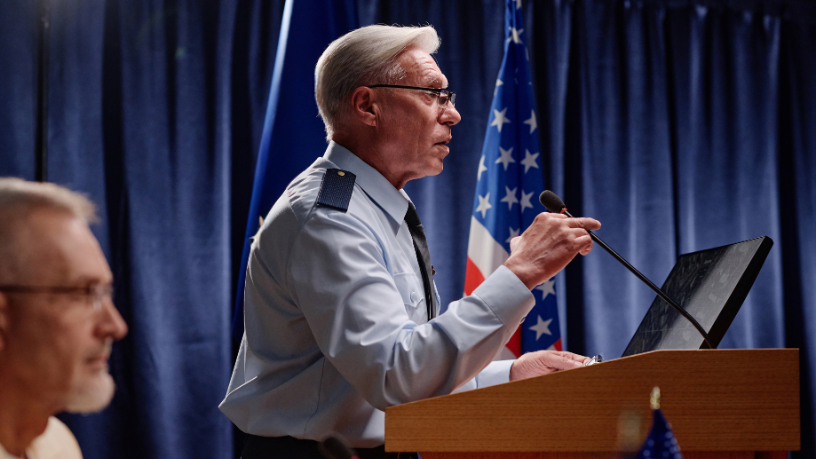Former President Donald Trump has once again captured headlines with his controversial remarks concerning NATO, Israel, and Iran, provoking intense discussions in political and diplomatic circles. Trump’s statements have reignited debates on U.S. foreign policy, alliances, and the evolving geopolitical landscape, highlighting the ongoing polarization surrounding his political persona.
In his recent comments, Trump criticized the current NATO strategy, questioning the alliance’s effectiveness and urging member countries to increase their defense spending. Trump’s stance on NATO underscores his long-standing view that the United States disproportionately shoulders the financial and military burdens within the alliance. The former president insists that without a significant increase in commitments from European members, the U.S. should reconsider its role in the alliance.
Trump’s position on Israel and Iran also drew significant attention. He openly criticized the U.S. administration’s approach towards Israel, advocating for stronger support and more robust policies to counter Iran’s influence in the Middle East. Trump emphasized the need for a tougher stance against Iran, particularly regarding its nuclear ambitions and regional activities. His remarks align with his previous administration’s policies, which were marked by a hardline approach towards Tehran.
The former president’s comments have sparked diverse reactions domestically and internationally. Supporters applaud Trump’s assertiveness and his call for recalibrating U.S. foreign policy to prioritize American interests more aggressively. Critics argue that Trump’s rhetoric risks destabilizing delicate diplomatic efforts and could alienate important allies, complicating cooperation on global security issues.
Trump’s commentary on NATO, Israel, and Iran arrives amid a turbulent global political environment, with ongoing conflicts and shifting alliances. His vocal critique has intensified discussions on the future direction of U.S. diplomacy, especially as the Biden administration seeks to balance engagement with strategic competition on the world stage.
Experts note that Trump’s remarks might influence public opinion and congressional perspectives regarding foreign aid and defense policies. The debate surrounding NATO’s funding and the U.S. role in Middle Eastern conflicts remains central to broader questions about America’s position as a global leader in the post-pandemic era.
As the discourse continues, Trump’s statements on NATO, Israel, and Iran serve as a reminder of the deep divisions in U.S. politics and the complex challenges facing American diplomacy. The impact of these remarks will likely unfold in the coming months, shaping policy decisions and international relations amid ongoing geopolitical uncertainties.
Author: Halabeth Gallavan







